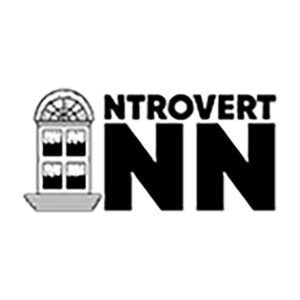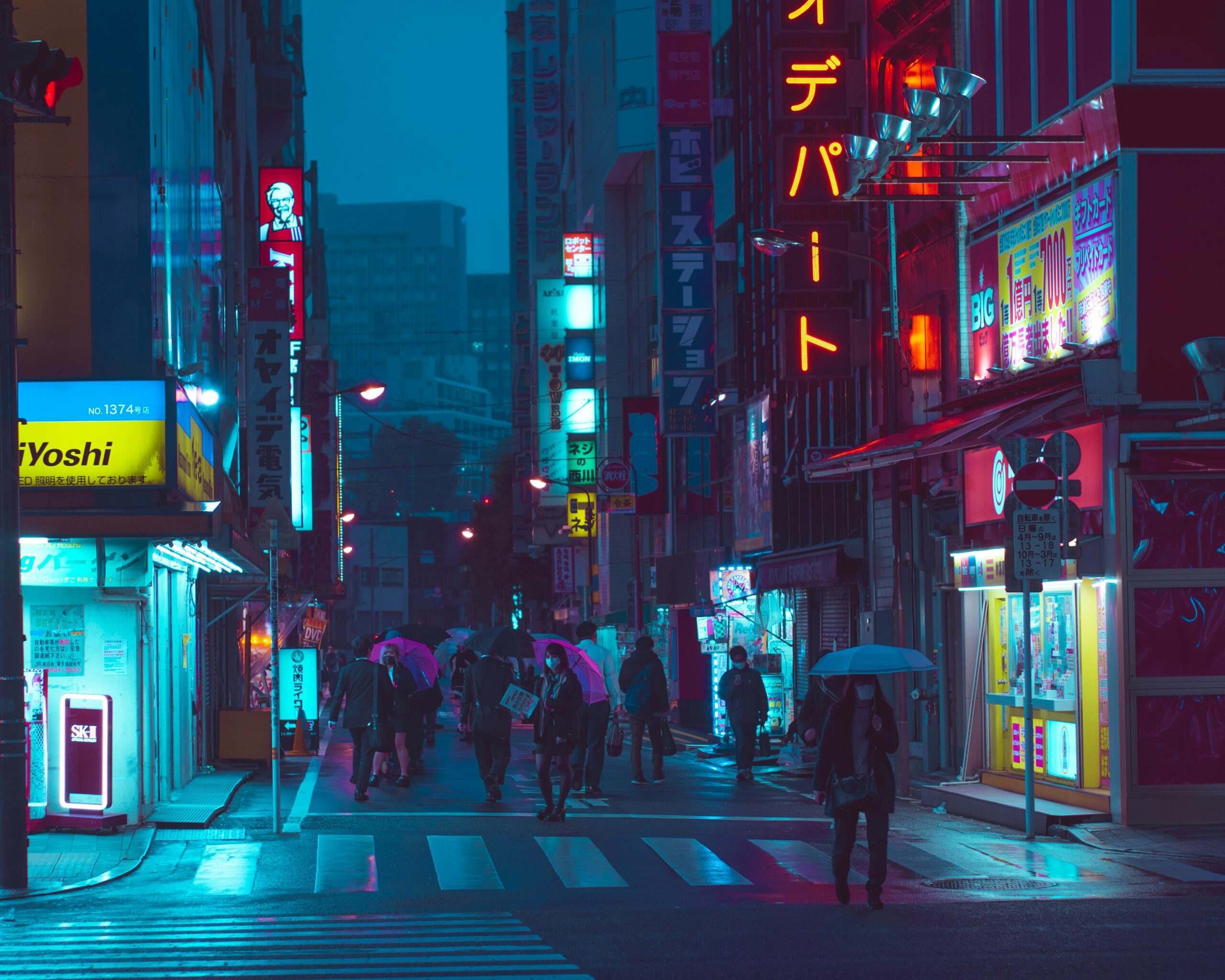How do you cope with social exhaustion? Being an introvert means people can be exhausting. The idea of social interactions and being in a room with so many people can leave you mentally tired. And it doesn’t just stop there. It can make you irritated and sometimes, even angry.
Unlike the extrovert who enjoys social interactions, introverts have a hard time socializing. Socializing fuels an extrovert’s mind and makes them function at peak capacity. For the introvert, however, it can leave them tired and dull. They might shut the rest of the world out even while they are seated right there.
Introverts can socialize once in a while, especially with a smaller group of people. But they can’t do it for too long because people are exhausting. They would be left with a social hangover and this can leave them frustrated.
An introvert hangover is also known as a burnout, a social hangover, or a social exhaustion. And if you’re wondering where the feeling of dullness is coming from, regardless of how much you try, this could be the reason.
The thing about social exhaustion is that it can happen to both introverts and extroverts. Although it is frequent with the former more than the latter. Extroverts function well in social events but sometimes they need to tune out as well.
When a social hangover occurs, you can start feeling both physically, mentally, and emotionally overstimulated. The energy to carry out basic tasks would elude you and you can feel your battery running low.
What Are the Signs of Social Exhaustion?
Do you constantly think people are exhausting? Like you’re a seconds away from a breakdown? Do you feel tired and can’t get yourself to engage in social interactions? Well this might be signs that you are socially exhausted. Sometimes discovering these signs earlier can be very important.
Here are some common signs you are socially exhausted:
- You have difficulty sleeping
- Increased anxiety levels
- Depression and overthinking
- Prone to irritation and anger
- Low energy and fatigue even for simplest tasks
- Difficulty paying attention or focusing on a task long enough to complete it
- Emotional snaps and breakdown
- Avoiding people in all ways you can think of
- Constant headaches and weakness
All these are common when introverts do not get their alone time in other to recharge. An overstimulated introvert can be a nightmare and they would need a longer time to recover. It is important to discover these symptoms as early as possible.
Signs Before Social Exhaustion Manifestation
The good thing about social exhaustion is that it gives you warning signs before manifestation. These signs are important to note as they help you slow down to prevent full fledged exhaustion. But what are the ways you can identify them?
- You begin to lose motivation to carry out tasks
- Depressive thoughts slowly start creeping in
- You begin to withdraw from things you enjoy
- People become increasingly exhausting with each interaction
- You have bouts of insomnia, migraines, and low energy
- You can feel yourself not giving in your best but can’t help it either
Identifying the symptoms can be easy but how can you cope when you do? How can you handle social exhaustion? Is there an easier way out? What are the best ways to avoid overstimulation as an introvert?
The best way is to write out your symptoms. When you identify these symptoms, the next would be to identify their triggers. What events usually lead to the manifestation of a trigger warning? Could it be from your place of work or your family? Could it be something you are doing or you want to do in the future?
It is important to keep in mind that anxiety could lead to a burnout and vice versa. Speaking to large groups of people, attending large events, going to parties, reunions, and other socializing venues are triggers.
Once you identify your triggers, it is important to find ways to handle them. But they take time and patience. You have to make a conscious effort to deal with them.
Tips On Recovering from Social Exhaustion
Your social hangover is a key reason you think people are draining. Although social exhaustion leaves you weak and tired, recovery is possible. Burnouts can be reversed and your energy levels can be restored as well. All you need is to be willing to put in the work.
Here are a few ways to recover when you find yourself in this situation.
1. Practice Meditation/Yoga
Meditation is one of the important ways to handle anxiety and calm yourself. When you meditate, you focus more on yourself than anything else. It can help you identify your problems and discover how you can solve them.
Meditation can be in complete silence, while practicing yoga, deep and box breathing, taking a walk, and breathing in nature. All these helps release any form of built-up and tension. Helping you relax a lot better.
2. Practice Journaling
When recovering from a burnout, it is crucial not to underestimate the importance of expression. One way to do that is through journaling. When you write down how you feel often, it becomes easier to identify what you feel.
When you identify your situation, you can know where to go from there. Daily journaling helps you see how much you’ve progressed over the days and what you’re doing right or wrong. It can help you identify your triggers when you read them again. Subsequently, you’ll know what to do and what not to do.
3. Practice Self Care
Sometimes all you need to do is to take care of yourself. Do things you’ve skipped because you’ve been so busy. Take care of your hair, your skin, and more. Listen to music, visit the spa, exercise, and dance. Do all the things that puts you first.
It’s okay to be vain every once in a while. It can improve your mood and reduce your stress level. It can also increase your productivity level and restoring your energy. So why not try that today?
4. Practice Taking a Break
If social media is making you very overwhelmed, this might be a chance to take a small break. It’s common for things like this to happen to introverts as we spend a lot of time on our phones in the first place.
Social media can be misleading and leaves you feeling everyone has their lives all figured out but you. This can lead to anxiety and depression. Taking a break is an important way to handle this.
5. Practice Sharing with Someone
If you feel overwhelmed with your problems, it is okay to reach out to someone and talk. That person can be your partner, friend, family, or even a therapist. Never underestimate the importance of having a shoulder to lean on.
It is important to find someone who really cares about you and would be willing to listen. A positive and refreshing energy can never go wrong.
Conclusion
It isn’t uncommon to get socially exhausted. It happens often with introverts because we appreciate our alone time and need it to function. When we ignore the signs to take a break, sooner or later, it catches up with us.
Be intentional about caring for yourself, meditate, practice journaling. These can be very helpful to reduce the effect significantly. Let me know which works best for you.





